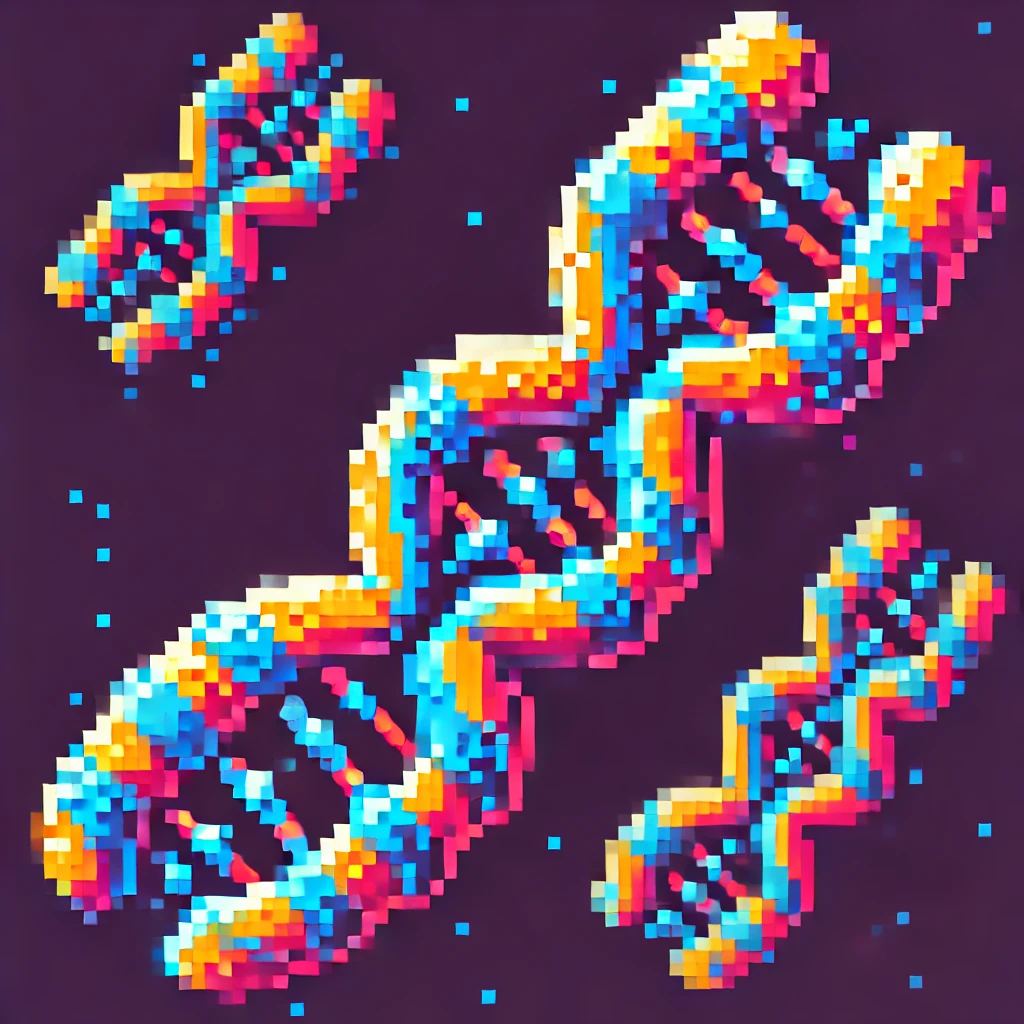
Pain, Spirituality, and Cellular Aging
Chronic pain – it’s a term that evokes empathy, frustration, and often, a sense of helplessness. For the millions living with it, every day is a challenge, filled with physical discomfort, emotional exhaustion, and the never-ending search for relief. But what if we could glimpse into the deeper layers of this experience and uncover a surprising link between pain, emotional well-being, and even our cellular health? A recent pilot study out of Sweden offers a fascinating new perspective, suggesting that our emotional and spiritual health may be more intertwined with physical pain than we ever imagined.
The Hidden Connection Between Pain and Aging
When we think of aging, most of us imagine wrinkles, gray hair, and slower reflexes. But there’s a more subtle marker of aging happening deep inside our bodies: the shortening of telomeres. Telomeres are protective caps on the ends of our chromosomes that prevent DNA from unraveling as cells divide. Over time, they naturally shorten, and their length is an indicator of cellular aging. But here’s the kicker: chronic pain may actually accelerate this process.
The Swedish study, published in PLoS ONE, explored how chronic pain and emotional well-being might affect cellular aging by examining telomere length (TL) and telomerase activity (TA)—a critical enzyme that helps maintain telomeres. The study found that in patients with chronic non-cancer pain, there was a surprising link between emotional health and telomere length. Specifically, patients who reported higher levels of anxiety and depression tended to have shorter telomeres, while those who reported stronger spiritual well-being had longer ones.
Emotional Health and Cellular Aging: The Science
Imagine your body as a finely tuned orchestra, with each part working in harmony. Chronic pain is like a persistent, discordant note—one that affects not just your physical health, but your mental and emotional states too. In this study, participants reported their levels of pain, anxiety, depression, and overall quality of life. These measures, known as Patient Reported Outcome Measurements (PROMs), were then compared to the biological markers of aging, telomere length, and telomerase activity.
The findings were striking: while telomere length didn’t correlate with the intensity of pain, it did correlate with emotional health. Patients with higher anxiety and depression scores had shorter telomeres, which suggests a faster rate of cellular aging. On the other hand, those with stronger spiritual, religious, or personal beliefs (as measured by the WHO Quality of Life–Spiritual, Religious and Personal Beliefs questionnaire) tended to have longer telomeres.
This connection between emotional health and cellular aging highlights the importance of treating chronic pain as more than just a physical issue. It suggests that our emotional and spiritual well-being can play a crucial role in how our bodies respond to pain over time.
Spirituality: A Buffer Against Aging?
The role of spirituality in health is a growing area of research, and this study adds another layer to the conversation. While spirituality can mean different things to different people—whether it’s a connection to a higher power, a sense of purpose, or a feeling of inner peace—its impact on health is becoming harder to ignore.
In the study, spiritual well-being was linked to longer telomeres, suggesting that a strong sense of meaning and purpose might offer some protection against the wear and tear of chronic pain. It’s as if spirituality acts as a buffer, helping to slow down the cellular aging process even in the face of long-term pain.
This doesn’t mean that spirituality can cure chronic pain, but it does suggest that fostering a sense of meaning and emotional resilience could improve overall well-being and potentially slow the physical effects of aging.
Mindfulness and Pain Management: A New Frontier
One of the most intriguing aspects of the study was the role of mindfulness—a practice rooted in staying present and aware without judgment. The participants who practiced mindfulness reported lower levels of depression and anxiety, both of which were linked to longer telomeres.
Mindfulness, which is often incorporated into spiritual or therapeutic practices, has been shown in previous studies to reduce pain, improve mental health, and enhance quality of life. In the context of this study, mindfulness may have contributed to better emotional regulation and a greater sense of peace, which in turn could positively influence cellular aging.
The Bigger Picture: Beyond Physical Pain
The findings of this study are both hopeful and humbling. They remind us that chronic pain is not just a physical phenomenon—it is a deeply emotional and spiritual experience. By addressing the emotional and spiritual aspects of pain, we may be able to improve not only the quality of life for those living with chronic pain but also their physical health on a cellular level.
This study also opens up new avenues for pain management. Traditional approaches often focus on treating the physical symptoms of pain with medications or physical therapy. But what if we could incorporate treatments that also focus on emotional well-being and spiritual health? Programs that emphasize mindfulness, meditation, and emotional support could offer a more holistic approach to pain management, potentially improving both mental health and cellular aging outcomes.
Join the Conversation
What’s your take on the connection between emotional health and physical pain? Have you ever experienced how your emotional state affects your physical well-being? Share your thoughts in the comments below.
How do you think healthcare systems could incorporate emotional and spiritual well-being into pain management strategies? We’d love to hear your ideas!
Unlock Science Secrets:
Discover revolutionary research and innovative discoveries with ‘This Week in Science’! Designed for educators and science lovers, our free weekly newsletter offers insights that can transform your approach to science. Sign up now and deepen your understanding and passion for science. If you liked this blog, please share it! Your referrals help This Week in Science reach new readers.



